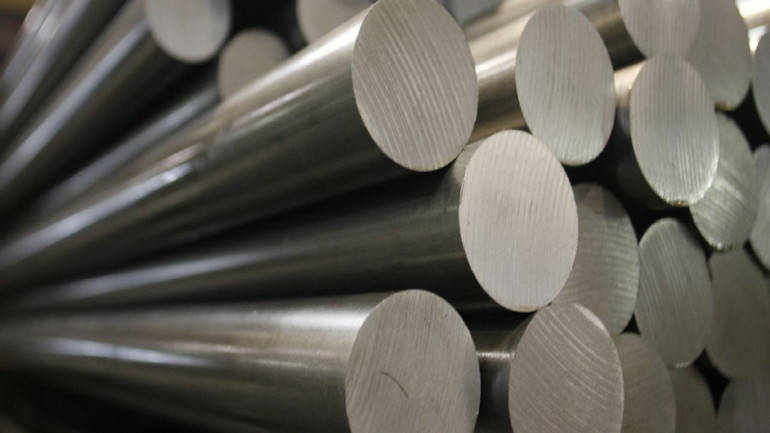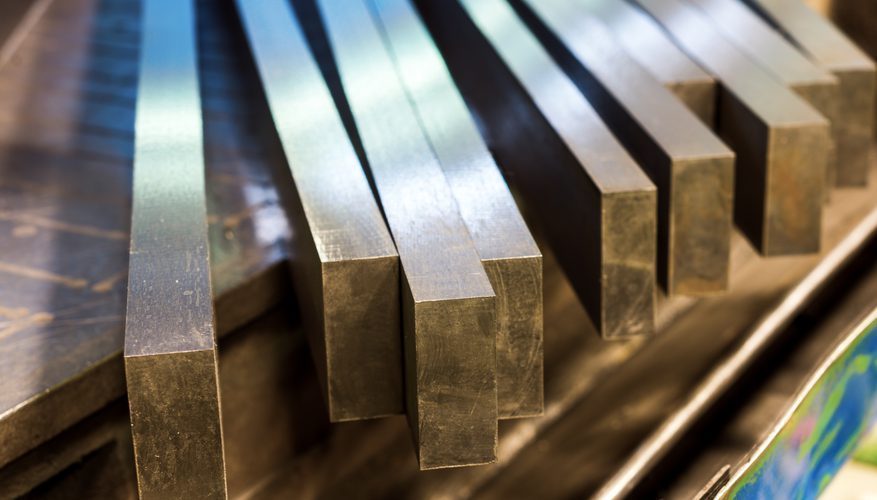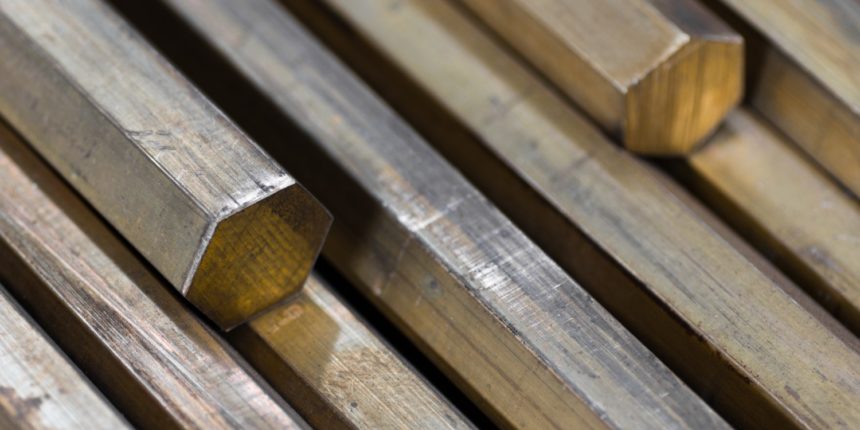What Metals Can You Find In A High Purity Metal Distribution?
Metals and elements come in many shapes and forms for the use of the person requesting them from a distributor. Metal distributors can provide metal such as copper, tungsten, aluminum, and others in the form of rods, billets, ingots and even powder to satiate their customer’s needs. Metals of high purity can have some special or advantageous properties such as thermoelectric, conducting and even magnetic attributes.
Providing a metal of high quality and proper composition is a must for any metal distributor, or at least those that are well known and respected in the field. For example, metals can come with unique attributes that assist in specific circumstances such as diamond synthesis, laser cladding, and coating amongst many other uses.

By concentrating a high purity metal and refining it from naturally occurring minerals, a refinery can produce a high purity metal. These are used to produce alloys of unique properties, as electrical conductors or even to provide protection from corrosion. Metal purity is determined by a percentage of purity gained, divided by 99%, which is pure minimum, to 99.999% which can be attributed to the highest purity. But each purity level determination can change depending on the metal type being used.
Metals such as aluminum, copper, chromium, nickel, iron, silver, titanium and many others can be refined into their highest purity forms and these are distributed by providers in many shapes such as foils, strips, sheets, coils, ingots, and many other shapes.
Copper:
Copper in its purest form is represented in value designation from C10100 to C13000, with 101 being the purest form of copper sold by a distributor.
Pure copper can be used for its electrical and conductive capabilities and can be commonly found in areas such as cables, conductive wires, electrical contacts and other areas where electrical currents are used.
Iron:
Pure iron has amazing magnetic properties along with hot and cold forming attributes. Iron is considered pure when it’s about 99.8% pure, though it can contain small traces of manganese and carbon.
Pure iron is commonly used for welding, manufacturing magnet related items and is also used in automotive, aviation, construction and even petrol-related companies.
Titanium:
Titanium is separated into grades, which range from softest, to moderate and corrosion-resistant. For example, the lower grade of titanium can be used for marine, architectural and automotive installations, while higher grades can be used for high strength and industrial manufacturing, even at times being used in the aerospace industry.
Tungsten:
Tungsten is well known for being the metal with the highest melting point amongst the rest. Electrical resistance, high density, and very high strength are just a few of the attributes this kind of metal possesses.
Tungsten use is most commonly seen in electrical contacts, radiation shielding, heat shields, electronics and even some medical devices such as X-rays.
Aluminum:
Commercially pure aluminum has to be at least 99% pure to be considered a pure aluminum. Pure aluminum also contains small traces of components such as copper, iron, manganese and a few more. Aluminum is pure at 99%, but high pure aluminum must have a purity value of 99.999% to be considered in such category.
Pure aluminum has thermal conductivity, corrosion resistance, and electrical conductivity amongst other attributes. The most common use of this pure metal is for chemical equipment, sheet metal, nameplates, cooking utensils, and many other applications.
Nickel:
Nickel is considered pure at a 99% value and is well known for its use in the aerospace industry, electrical components such as wires, batteries, and electrical connections.
Nickel’s purest form contains thermal, electrical, magnetostrictive and corrosion-resistant properties which can find a wide range of uses in electrical, magnetic and mechanical needs.

In Conclusion:
Metals refined into their purest forms can result in new attributes from corrosion resistance, conductive capabilities, and magnetic attributes to other uses which all vary depending on the kind of metal that is being worked with.
99.999% values given to metals can be considered of the highest purity and can only be refined by a respected and well-known distributor. Uses of these special high purity metals have already found a home in the petrochemical, medical, automotive and aerospace industries.
Pure metal distributors such as Micron Metal Inc. can refine the metal as per customer request. A pure metal distributor will seek and attain the purity level requested which as stated before, can range in between the 99% pure to 99.999% pure, which is considered the highest level of purity in the wide range of metals available.

